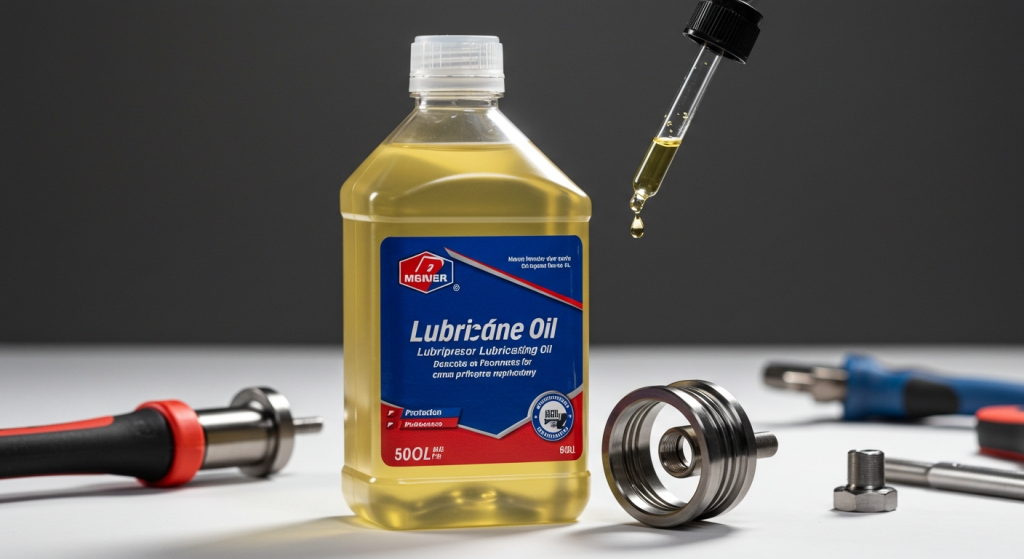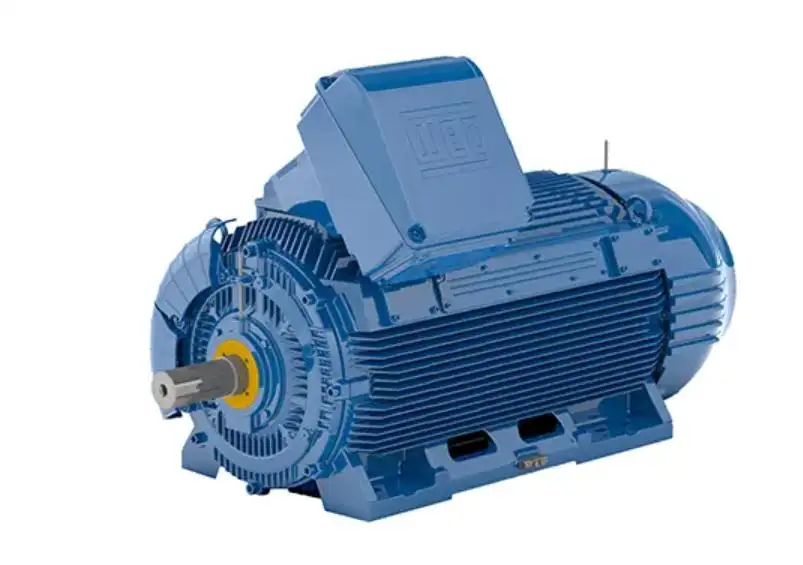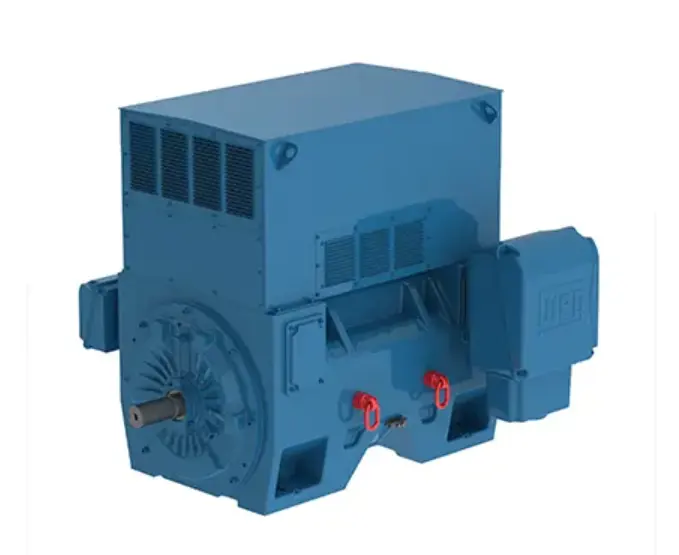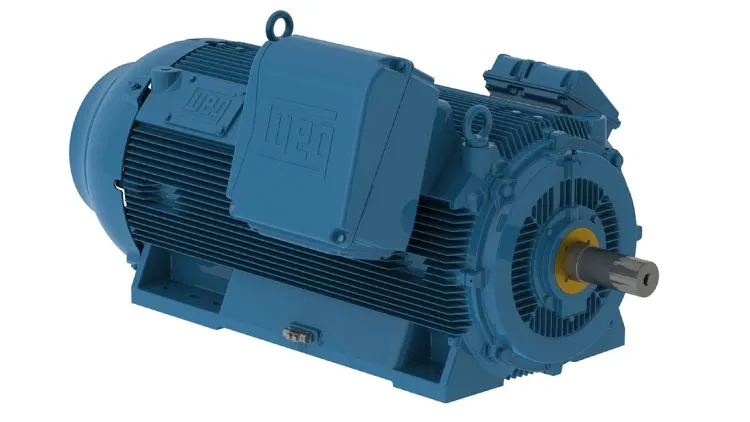Overview
Think of compressor oil as your machine's lifeblood. It cools, cleans, seals, and puts a thin layer between moving parts. But, like any good thing, its power fades over time. So, what factors affect the life of air compressor lubricating oil? Whether you run a rotary screw rig or a small reciprocating unit, knowing what wears out the oil helps you dodge surprise breakdowns, big repair bills, and weaker performance.
What is Thermal Degradation?
High discharge temperatures drive thermal breakdown. The trouble starts when oil sits above 90- 100 °C (194-212F) for long stretches. Heat shreds oil molecules, turning them into sludge, varnish, and acids that chew up seals and bearings.
Oil Oxidation
Oxidation happens when oil meets oxygen and heat. The turn of the seasons for oil shows up as:
- Oil turns dark
- The Total Acid Number (TAN) climbs
- The oil thickens
- Gum-like sludge builds up
Water & Moisture Contamination
Tiny droplets of water are one of the worst things you can let into compressor oil. How Does Water Enter?
- Humid air slipping past seals
- A leaky oil cooler or clogged drain
- Drums or jugs stored outside the climate room
Effects of Moisture in Oil
- Milky emulsions form
- Rust and corrosion spread
- Foam crowds out oil
- Thin oil loses its grip
Dust, Particles & Contaminants
Outdated air or oil filters let dust, chips, and stray debris mix with lube oil.
What Happens Next?
- Tiny particles scratch metal parts and speed up wear.
- Heat and pressure trigger coking and sludge build-up.
- Oil paths get dirty, and separators choke on goo.
Operating & Ambient Conditions
Where the compressor runs matters as much as how hard it works.
Key Factors:
- Hot air speeds up oil oxidation and thickening.
- Humid air lets condensation mix with the oil.
- Duty cycle: frequent starts/stops or non-stop grind?
- High pressure forces more oxygen into the oil.

Oil Properties & Selection: The Backbone of Compressor Health
Picking the right oil is not a box-ticking exercise; it decides how well your air compressor runs, lasts, and saves you money. The oil's core traits tell you how easily it fights heat, oxidation, and dirt.
- Start with the base-oil choice: mineral oil costs less but breaks down quickly, while synthetic oil holds its thickness, resists wear, and stretches drain intervals. If the heat is brutal or the duty cycle is savage, synthetic oil is the upgrade you cannot skip.
- When you pick a lubricant, look for oils packed with strong oxidation fighters and extra anti-foam, anti-rust, and anti-corrosion boosters. Those extras help keep every moving part clean, cut down on the sludge and varnish that can choke a machine, and protect metal surfaces from wear. You can also watch the Total Acid Number (TAN): as that number climbs, acidity rises, and the oil needs swapping out.
- Always use the oil the OEM calls for and stick to its ISO viscosity grade. A substitute that is either too thin or too thick makes moving parts drag, pumps up heat, and pushes the compressor toward an early breakdown.
Pick the right oil and the compressor runs smoother, wastes less power, and adds money back in your pocket; stretch that life short by caring only half-heartedly, and metal will wear, seals will leak, and repairs will start stacking up.
Maintenance & Oil Management
Even the best oil will fail if maintenance is ignored.
Essential Maintenance Practices:
• Oil Change Intervals: Follow manufacturer schedules or adjust based on oil analysis.
• Oil Sampling: Collect samples monthly and check for contaminants, TAN, viscosity, and particle count.
• Filter Replacement: Air, oil, and oil separator filters should be replaced on a regular calendar.
• Oil Level Checks: Never overfill or run too low.
• Cooling System Check: Poor ventilation leads to overheating and faster oil degradation.
Preventive maintenance extends both oil and compressor life.
What Happens When Oil Degrades?
Ignoring the condition of your oil sets off a chain reaction
Common Consequences:
• Increased friction means the machine burns more power.
• Parts wear faster, so bearings, rotors, and seals weaken.
• Heat builds, because dirty oil can't carry it away.
• Efficiency drops; the compressor struggles for the same output.
• Downtime follows, as emergency fixes pull production offline.
• Costs jump, thanks to higher energy bills and extra labor 0
Routine oil care isn’t just spending smarter money.
System Design Matters
If the system itself is flawed, even fresh oil can fail early.
Critical Elements:
• Oil traps and drainage systems let sludge collect
• Proper pipe layout stops turbulence and backflow.
• Coolers and vents guide air where it can carry heat away.
• Easy-to-reach oil ports make sampling and topping off quick.
When you design or upgrade, call lubrication pros first.
How to Extend the Life of Compressor Oil
Finally, here are hands-on tips you can apply today.
Your Go-To Checklist:
- Pour in OEM-approved full-synthetic oil
- Keep an eye on discharge temperature
- Swap filters on the set schedule
- Add a dryer and an oil-water separator
- Run oil tests every month
- Ensure airflow stays steady
- Pick the right viscosity and additives
- Record each service in a log
- Teach staff how to check the oil
- Use demulsifying and anti-foam formulas
Conclusion:
Knowing what hurts compressor oil life is vital for smooth operations. Dust, humidity, high heat, and weak oil all chip away at gear health over time. Be proactive. Use good oil, stick to a plan, and trust tests like oil analysis. Your compressor will repay you with fewer breakdowns, longer service, and lower power bills.









